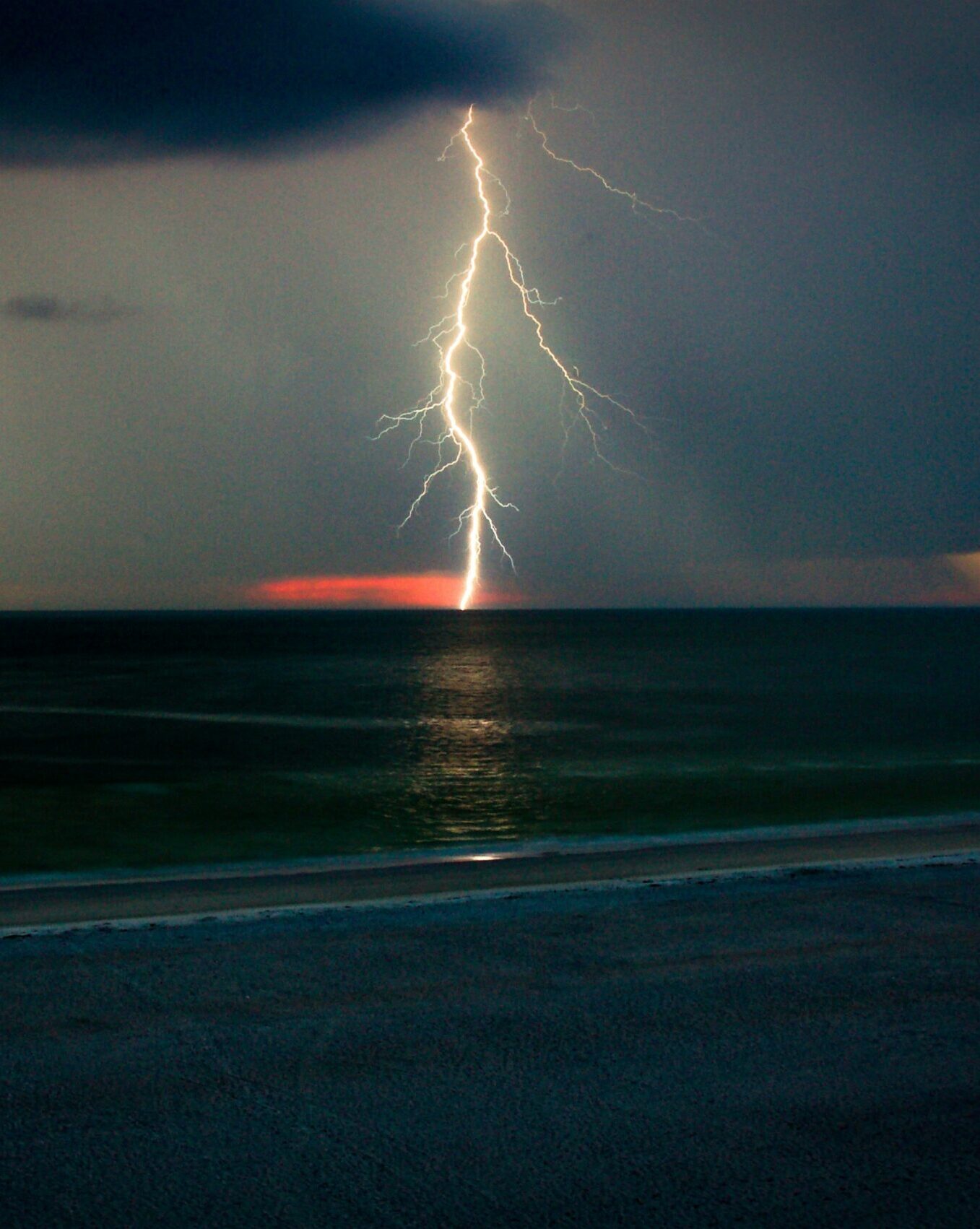
Białystok, Poland
Nine hours to Białystok from Berlin, to a city teetering on the Polish border. The train noses through fields of yellow flowers, which to me are eternal reminders of Europe in spring, but which are actually new additions, planted in recent decades for the rapeseed harvest. On the way to Warsaw, we sit in a car with a classical musician, our age, with a confident nose and sculpted, striking eyebrows. “She looks like Anna Karenina,” we whisper. She tells us about witches in Podlachia, because we are going to Podlachia. Past Warsaw, on a hotter train, portly men in cheap suits flank the compartment, carrying the odor of polyester, sweat, spirits.
I’ve brought us east to find traces of that universal language, Esperanto, created by a man from Bialystok named L.L. Zamenhof, a Jewish man, born here when this land was Russian Empire. Legend says he went to the city market as a child, eavesdropped on Yiddish, Russian, German, concluded that division by language was the great tragedy of mankind. What if we all spoke the same tongue? Wouldn’t pogrom and war fall away? He gathered 28 Latin letters, prefixes and suffixes, and he tried to share this with the world, and they called him Dr. Hope.
In Białystok, we stay on the Kozłowa in a high-rise with an ample balcony that reminds me of apartment blocks in St. Petersburg. We are north of the city, past a roundabout sheltering a prewar house, blanched and boarded up. Downtown, buses and cars jostle through sweaty intersections and at the edge of a park, a war memorial tilts over the street, reminding us what happened here. The war, which ended decades ago on this day, was not kind to Bialystok (seventy percent gone) or to Zamenhof: he died of a broken heart during the first war, they say, and during the second, Treblinka came for his daughters. One other child survived by pretending at death in a cemetery.
My friend claims that speaking Esperanto must feel pleasantly empty, unburdened of colonial projects, but I do not think this can be true anymore: the language is too old and it has become freighted with some missed, misplaced promise, even though few have spoken it.
They are proud of Zamenhof, here, at the center that bears his name, a white building straining over a sidewalk, past a maze of inset canal and knotted trees. Here, historian Agnieszka, her hair nearly magenta, points crisp and efficient at the holograms they have arranged to tell the story of Zamenhof and his city (they have few artifacts left, for obvious reasons). Klezmer music floats after us, a cliché and yet it shivers me. This side of Europe, the eastern side, has always held sway over me, maybe because of my mother’s Ashkenazi forebears or just because I’m drawn to sad stories.
Białystok’s Esperantists—those who speak the language—are also proud. These last speakers gather in the basement of the city’s last synagogue. We find them behind a door marked with a green star, Esperantists from France and Holland and from Białystok too, some of them sleeping on the floor and cooking in the pocket of a kitchen, some of them learning the language the way I learned German at an adult education center years ago. The Esperantists cry out “Saluton!” and tell us to pull up a chair.
But not everyone is proud. I hear that some in the city government didn’t want to celebrate Zamenhof on the centennial of his death in 2017, because they said he wasn’t important enough, or because, so run the rumors, his promise-tinged, pre-war ideals were dangerous. And now, just the year before, skinheads had come to a church, a priest had shouted nationalism from his pulpit. These counterideals are seeping up everywhere in this continent, bubbling through the world.
When we leave the synagogue, the sky still holds light. At this time of year, this corner of Europe—Berlin, Stettin, Danzig, Białystok, Pomerania, forests and frozen coasts—keeps the sun late, ten o’clock dusk washing the platzes, the chestnuts, the black spray paint, the steeples, the umbrellas and the outdoor benches, shivering on the knife-edge of hopeful and sad. We settle in on the edge of Kosciuszko, where as a child Zamenhof hatched his idea, and we order beer. The waiter points at us. “Beginning of tourist season!” he declares. Tourists come here to find ghosts of their families, on the edge of nations. They come to find out what was once here, what is here now, and what will be here someday, a question that is hopeful and terrifying. There are skeletons in Poland’s closets, a journalist tells me, but no one will face them.
Esperanto here is both smaller and bigger than I expected. It’s just a hobby, says the president of the Esperanto club, just some statues and a handful of linguistic nerds, and yet he admits that after the centennial controversy more new Esperantists came to the center than ever before. Just a hobby, but pull on the thread and what will you find? And I wonder, what will our actions, our passions and enthusiasms, mean more than a century on? Who will imitate us? Why will people come to our houses, what might they know when they cross our lintels, what might they forget or what might they hope? We drink our beer and the sky cups the sun, refusing to let it set.
Emily B. Cataneo is a writer and journalist from New England. Her fiction has appeared in or is forthcoming from Indiana Review, Smokelong Quarterly, and Lightspeed, and she’s written nonfiction for Slate, NPR, the Baffler, Atlas Obscura, and more. She holds an MFA in fiction from North Carolina State University and she’s the cofounder of the Redbud Writing Project, a creative writing organization based in Raleigh, North Carolina. Find out more about her at emilycataneo.com or follow her on Twitter @emilycataneo.




